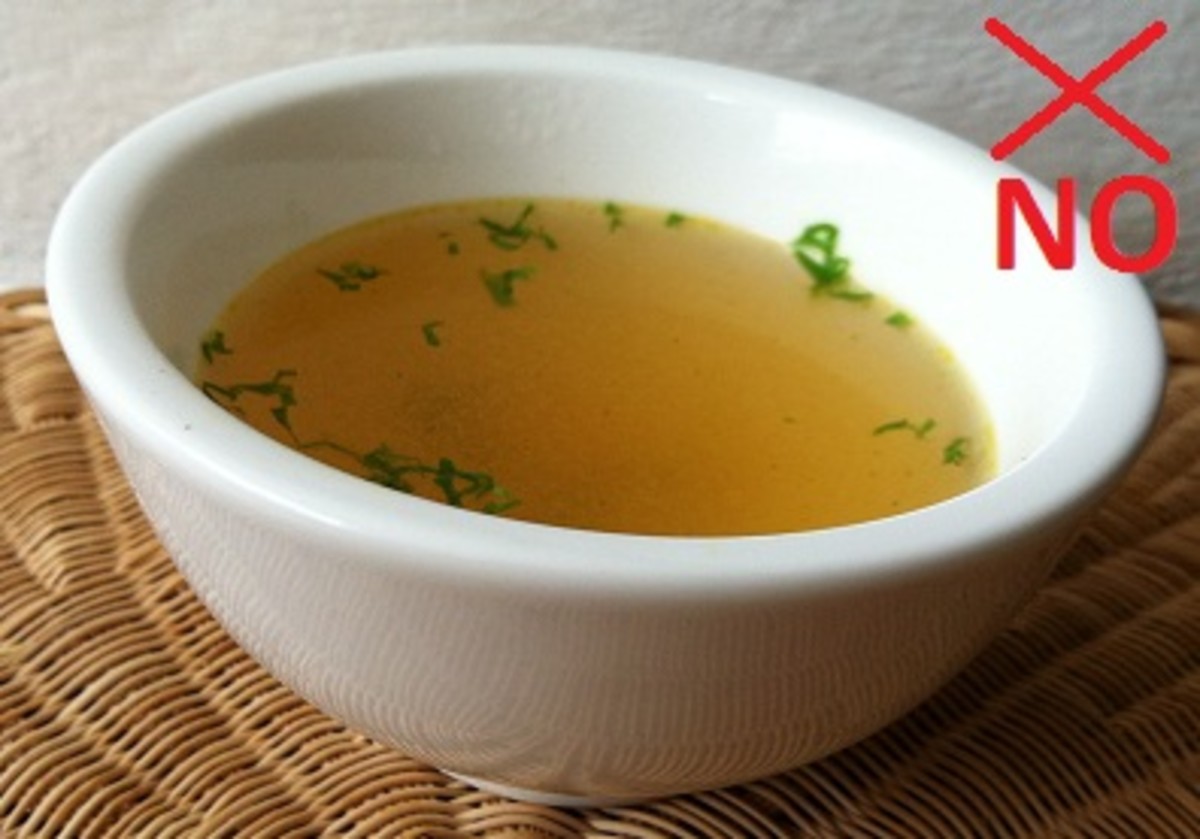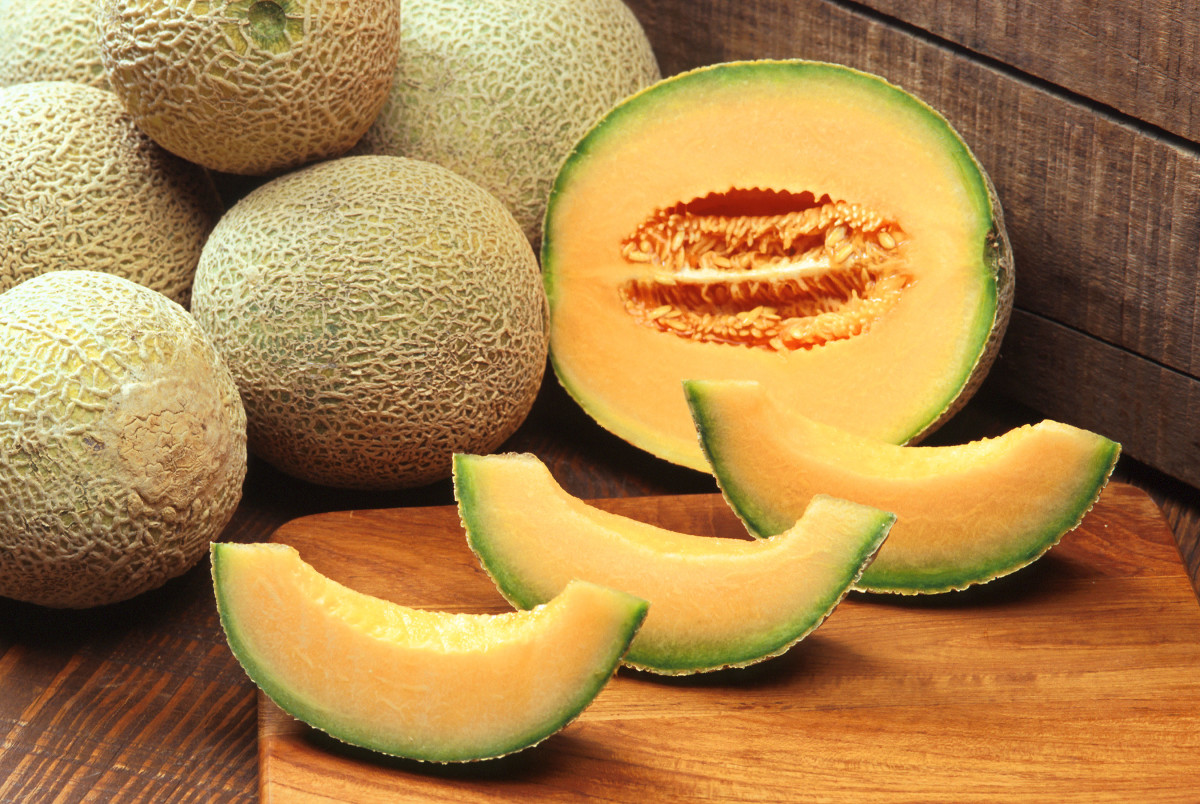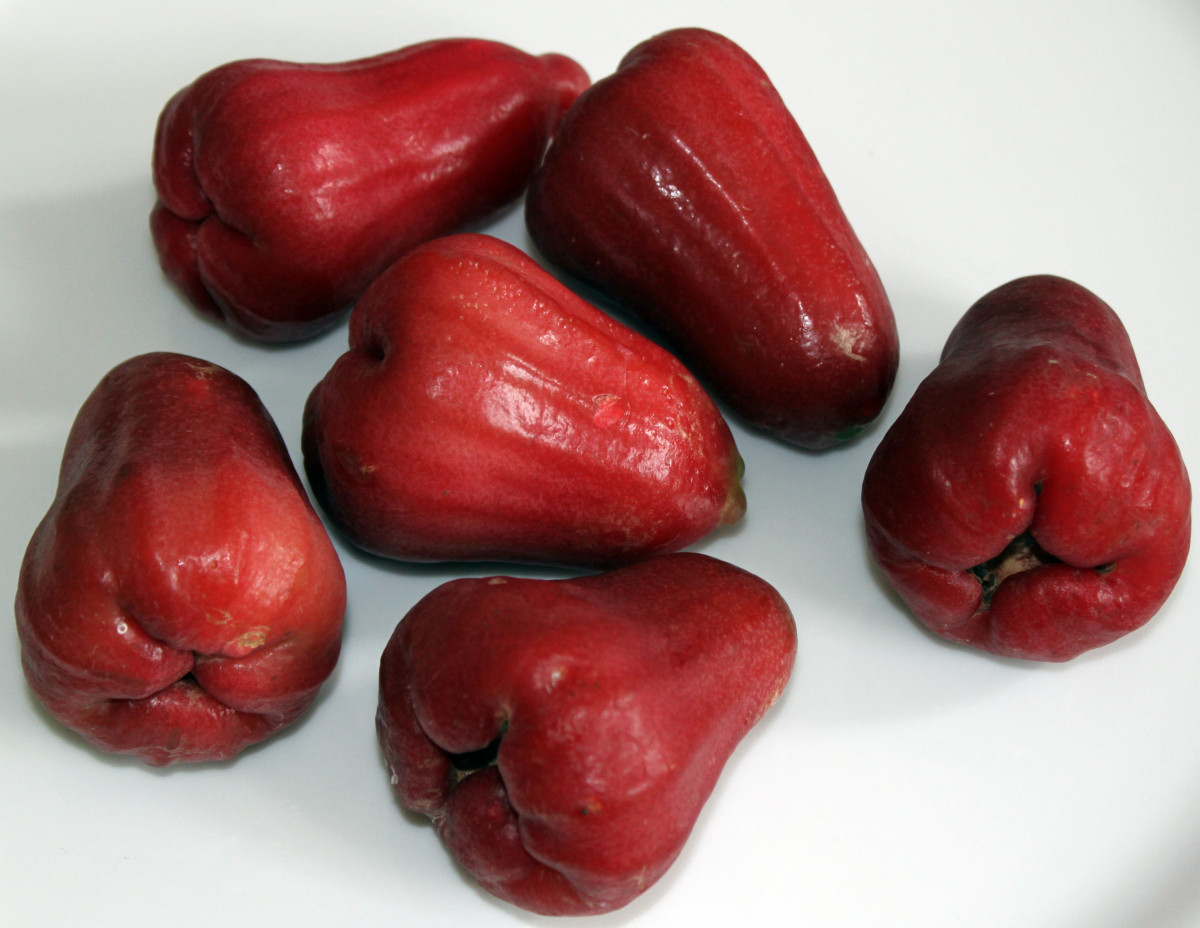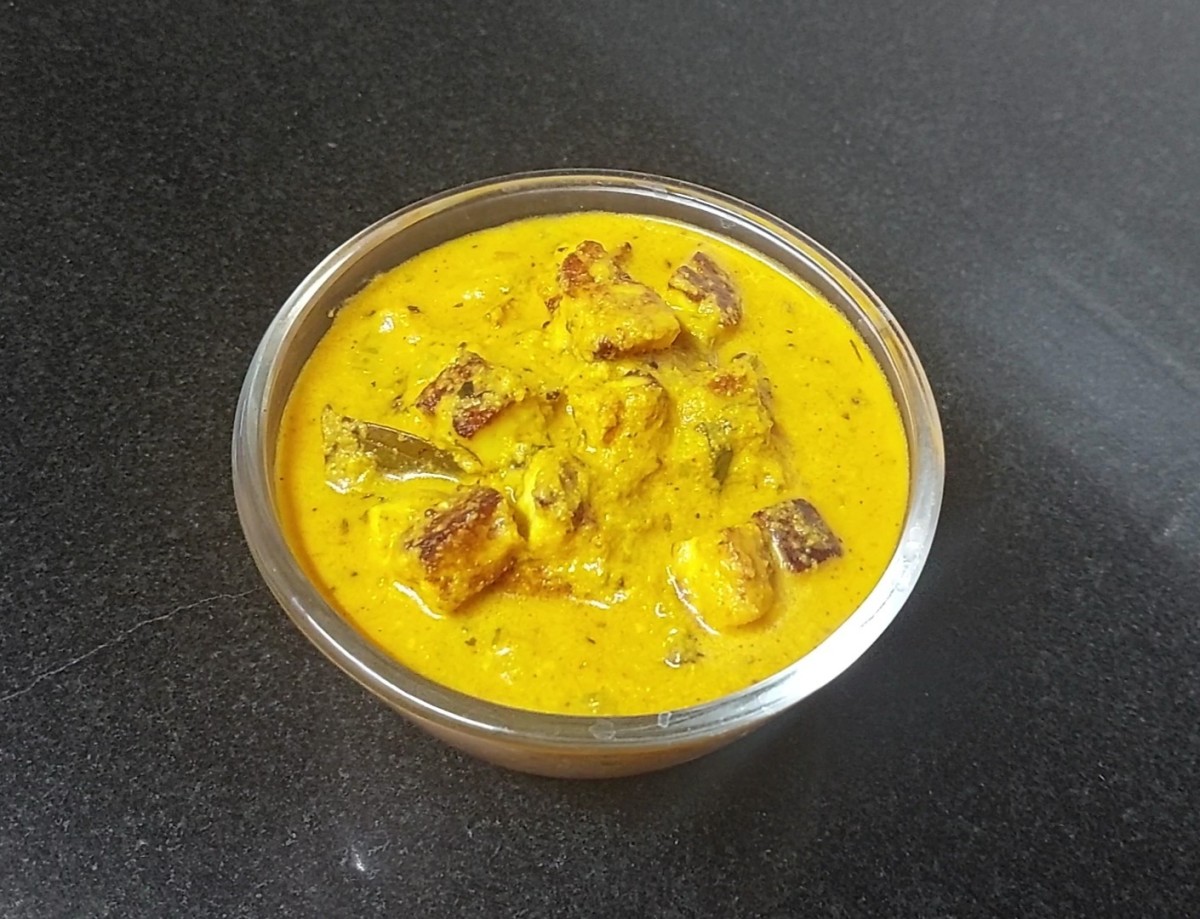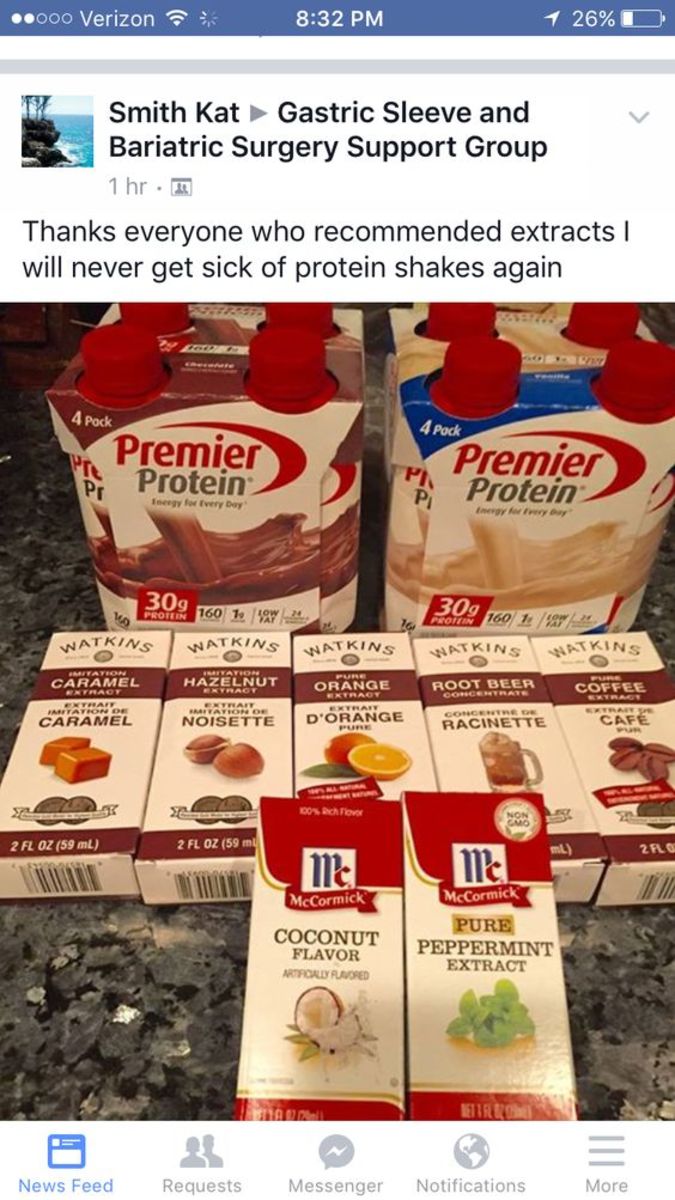LIVE! With Fruit and Veg.
We desperately need fresh fruit and veg. in our diet

Evolution Taught Us What to Eat
LIVE! With Fruit and Veg.
We all know by now that fruit and vegetables and are not just, in the main, good for us, but are indispensable for maintaining a long and healthy life. Yet our consumption of them before they enter the food-processing industry has dwindled since the 1950’s instead of increased. Part of the reason for this is out busy life-styles; with both mum and dad working, there is less time and inclination after busy days to prepare foods. Fast-foods have taken over, almost exclusively in some cases, for children and teens, and the result is a whole host of illnesses, both physical and psychological, which have doctors and nutritionists pushing the panic buttons.
Why is it that an apple and some carrots and beans, say, are better for us than a fast-food hamburger? Part of the reason is our evolutionary backgrounds. We have always been omnivorous in our history and during the many thousands of years when we roamed the forests and savannas of our world as small tribes of hunter-gatherers, we mainly ate food in the raw state: meat from the animals we hunted, grains and seeds, berries, nuts, fruit, plants and roots. As we became familiar with fire, our meat became burned and roughly cooked, our roots and primitive vegetables, descended from wild plants, boiled. We eventually began to plant and harvest grains which we milled and turned into rough ground flour used to prepare our early breads and tortillas. But throughout nearly all this long period, little of the essential vitamins, minerals and fiber of our foods was lost in the preparation process.
Today, we find that much of the goodness of our nutrition is destroyed during preparation; preservatives of doubtful health value as well as too much sugar and salt is added. The result is bad skin, obesity, heart, liver, gall bladder and kidney disease, and many professionals say depression and mental decline as well.
We are told by a plethora of self-help books to return to a whole food diet as much as possible but we find this inconvenient, expensive and difficult to adhere to. We are besieged by advertising of the Ronald McDonald persuasion acting like the Pied Piper of awful nutrition, luring our kids into a lifetime of bad eating habits which may well send many into an early grave and often ruin the quality of the lives they do still manage, maintained by the NHS and taking pills for all sorts of ailments.
So what is it in these “magic” whole foods, the fruit, vegetables, herbs and protein our bodies cannot do without?
A sampling of the top fruits to maintain health.
Aniseed
. A sweet, liquorice-smelling tropical fruit used as a flavoring and cooking spice known to be good for digestion and respiratory tract congestion. It is also thought in some cultures to aid in milk production in mothers as well as the libido in dad. May not be quite what the doctor ordered for an overpopulated planet.Blackcurrant.
This berry is the richest source of gamma-tinolenic acid uses to treat long standing skin disease, such a eczema. Also said to be good for PMS. The oils come from the seeds, but both fruit and leaves can be used for herb teas and as anti-viral preparations.Cherry
. Very good source of vitamins a,b and c, as well as cal/mag and is another great immune booster in the flu season. Long used for its uric acid lowering effect in the treatment of gout and arthritis. Bark, stalk and leaves have various uses, such as cough suppressants Also a delicious whole food, unfortunately often far too pricey on our grocer’s shelves.Cranberry
. Primary use has been to treat urinary tract infection such as cystitis. A refreshing drink, but has a lot of sugar added to make this rather sour fruit palatable.Elderberry
. Too often ignored and left to rot in our hedgerows, this rather strange tasting berry was once used to make wine. The flowers are still used to make refreshing and healthy teas and drinks. Will help with colds and coughs and loosen catarrhal buildup. Make sure berries are completely ripe before consumption or they will cause diarrhea and even vomiting.Figs
. One of my favorite fruits, the exotic tasting fig makes and effective and gentle laxative while it also soothes and coats and up-in-arms tummy. Once roasted and used for mouth ulcers in men and camels!Lemons
. As my auld mother used to say when confronted with a question she didn’t know the answer to, “The answer’s a lemon!” Rather strange and I wonder where that one began, as in the use of the word to describe a car, etc., which turns out to be more trouble than it was worth. “It’s just a lemon!” Why not a lime or a banana? The reality is lemons are one of the best known and used fruits of the world. Very high in vitamin C and used in cooking, drinks and as a flavor-enhancer for many dishes, such as fish, lemons help with spots, dry hair, and with cellulite. It is also used in jokes. Here’s one. Drunk at party to host, “Saaay, why do these lemons have legs?” Host denies this. Drunk, “Ohh, woops, I’ve just squeezed your canary into my cocktail!” Tell me you found that funny! I nearly peed myself when I first heard it.Papaya
. When I lived in Mexico I had delicious papaya with breakfast every morning (with plenty of lemon juice). Unfortunately, the papaya I have found in the UK is either like cardboard or sour and tasteless. It doesn’t store well I don’t believe. Same with avocados and mangos, rubbish and a great shame. Papaya, or Pawpaw, is tropical and marvelous for a digestion aid when accompanying protein-rich meals (like bacon and egg). It has enzymes called papains which are used as meat tenderizers. Available in health food stores but the pills and capsules are nothing like the delicious fruit itself in effect of enjoyment. I miss my morning papaya.Many other fruits and berries, outside of the scope of this simple hub article, are to be found both in shops and in the wild, useful for many ailments and nutrition.
Some of the vegetables we should never be without
Garlic
. Both a herb and a vegetable, garlic’s only disadvantage is its social unacceptability; no food smells worse on another’s breath. Garlic smell is not unlike human farts, really, it smell fine to the consumer (or producer) but awful for the rest of the world!Garlic, both wild (ransoms) and cultivated, is a potent natural antiseptic (as are onions and chilies). Good for the heart as lowers cholesterol and slows the formation of plaque. Also being investigated further for anti-cancer benefits. Has anti-fungal effect, such as its use for athlete’s foot. Wonderful taste and flavor enhancer of many dishes, such a meats and fish. Pity is stinks so much but…I don’t care!
Watercress
. One of the most vitamin and mineral rich salad items you can get. We used to grow it on a damp towel, along with mustard, when I was a sprog. Contains some exotic compounds, such as phenylethlisothiocynates, etc., found to be good for causing cancer cells (and spell-checks!) to destruct. Wonderful tasting stuff which adds, along with mustard and the (for me) indispensable cilantro (coriander), a great taste to salads and many other dishes, such as tacos.Artichoke
. Most people are familiar with the heart leaves of the artichoke. Although it is surprisingly rare on the table in 2010, perhaps it’s too fiddly for most with such a small reward, or the fact of having to consume too much butter with it in a cholesterol conscious world. Its outer leaves contain compounds of great benefit to heart and liver: extracts stimulate bile production in the liver, helping digest fats, of use to the gall bladder sufferer and the plant has an effect on both good and bad cholesterol production.Chilies
. Apart from adding zip and zest to hundreds of dishes and almost single-handedly acting as the mainstay of the cuisines of countries like Mexico and India, it has many beneficial medical qualities, such as an antiseptic, analgesic, stimulant and tonics. Chiles, along with garlic, onion, papaya and radish can help safeguard the intestinal system against parasitic infection and destroy any worms, etc., already in residence. Some chilies are so hot, however, they cannot be tolerated in the raw state and need the seeds removed and further preparation to make them palatable.Cucumber
. Although cucumbers are fairly bland, being more than 95% water, they do have some minerals and are useful as a gentle diuretic. Plus they are a constant salad companion as well as joining sardines to make a great sandwich. The main use of the cucumber is by the cosmetics industry which includes them in topical beauty products for the body’s largest organ, the skin.The cucumber, because of its shape, has been the butt of many jokes featuring the human male organ and, indeed, has been known to replace it oft times bestowing the dual benefit of stimulation and care of the skin in question.
It has been said many times that when we study the benefits of these and many other plant foods, we can come to one conclusion above all. As far as out health, bodies and digestion systems are concerned, we are stuck in the past, several hundred thousand years ago when man was first evolving. All the myriad vitamins and minerals as well as the nutrition we got from our whole food diets back then just aren’t there in most modern diets. And we don’t really know what effect all these complex substances had on our health and well-being and how many of them we can live without before our finely tuned organism breaks down into disease followed by premature ageing.
This will be the first of three articles on this subject to be followed by Herbs and Trees, Shrubs and Roots and how they can - or should - fit into our diets.


